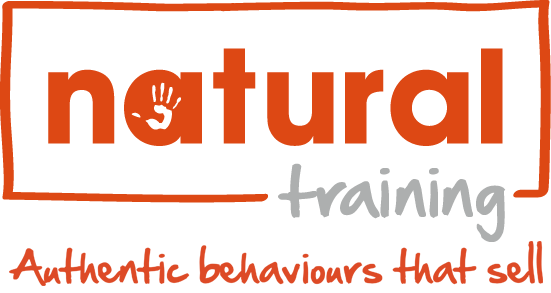Fabulous show on BBC last night about the journey of Facebook leading up to their IPO. For those in the UK, you can watch it here: http://www.bbc.co.uk/programmes/b017ywty
The two points I got from the show:
a) The headline of this blog refers to a gamer who plays a Facebook app game called Pet Society. (I don’t much understand the following at all but I will try!). In the virtual game, he picks up decorative bonus animal poo, shaped like a duck, and this serves as some sort of kudos, or status symbol, when he displays it in a large magnified exhibition case in one of his virtual rooms.
The point is: Facebook has monetized gaming in a way that I hadn’t realised was possible. Gamers are spending large amounts of time and money to ensure Facebook becomes a stickier integrated platform than just a social one.
The sales point is: How deep is your customer offering? How addicted will they become to you? What can you do to increase the stickiness of your offering with them? This is important stuff: if customers perceive you as one-dimensional, then they will have to go elsewhere to get what they need. So if you have it, tell them! If you don’t, see how you can influence the powers-that-be at your company to at least consider it.
b) The VP of public policy Eric Schrage got tongue tied at one point when the question was put to him about the somewhat controversial “sponsored stories” from Facebook – where your name and face is used next to a company’s ad, endorsement style. The context behind the question was whether Schrage found that to be ethical. His reaction, at about 50:30 in the show, was not what we are used to from public spokespeople and I think he might have regretted it.

Schrage got rattled – he hadn’t considered the question put in this way before. Or hadn’t practiced it. Or it simply didn’t come out the right way.
The point is: If you have an hour preparation time for an interview, spend 45 minutes of it on handling the stuff you don’t know, not the stuff you do.
The presentation point is: This is largely irrespective of whether the interview is by a demanding BBC reporter, or a customer. Your practice needs to put you into these uncomfortable situations more and more often, so that when the real thing comes around, you are ready.
When you seek out training, get some that helps you to explore and enhance your offering to make your customers “stick”. And before you are in front of a camera, or customer, for goodness sake practice the tough questions, because they are probably going to come your way.
Good sales training and presentation skills training will help you to deal with these two situations – call us for some help, free advice or just for a natter!


